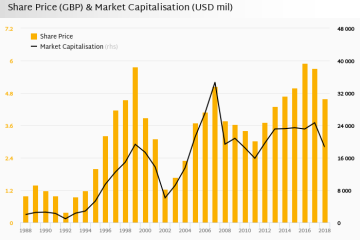The Rise and Impact of Big Brother in Reality Television

Introduction to Big Brother
Big Brother, a reality television franchise created by John de Mol, first premiered in the Netherlands in 1999. Since then, it has taken the global entertainment industry by storm, adapting to various cultures and languages. Its importance lies not only in its entertainment value but also in its exploration of social dynamics and human behaviour. As a show that traps contestants in a confined environment while they are constantly monitored, it raises questions about privacy, surveillance, and the nature of reality in entertainment today.
The Format and Influence
The format involves a group of contestants, referred to as housemates, who live together in a specially constructed house under constant surveillance via cameras and microphones. Contestants engage in challenges, build social relationships, and ultimately compete for a cash prize, voted on by both housemates and the viewing public.
Over the years, Big Brother has been credited with creating a platform for social issues, including race, gender, and mental health. It has sparked conversations and debates, making it not only a form of entertainment but also a cultural barometer that reflects society’s values and norms.
Recent Developments and Challenges
In the wake of its initial success, numerous versions of Big Brother have launched worldwide, with varying degrees of success. Recent seasons in the UK have seen changes in format and methods of audience interaction. For instance, the introduction of social media polling has allowed viewers to have more influence over events within the show. However, with these advancements, concerns have arisen regarding mental health and privacy for contestants, leading to increased scrutiny from media and organisations advocating for contestants’ rights.
Conclusion: The Enduring Legacy of Big Brother
As Big Brother continues to evolve, it remains an essential part of the reality television landscape. Its influence on the genre is undeniable, having inspired countless other shows. Moving forward, it will be crucial for producers to address the ethical implications of reality television while maintaining the thrilling dynamics that keep audiences engaged. For viewers, Big Brother serves as a cautionary tale about the implications of surveillance and the nature of reality in a hyper-connected world. As the franchise progresses, its cultural significance will likely continue to provoke thought and discussion, reflecting the challenges and changes of contemporary society.









